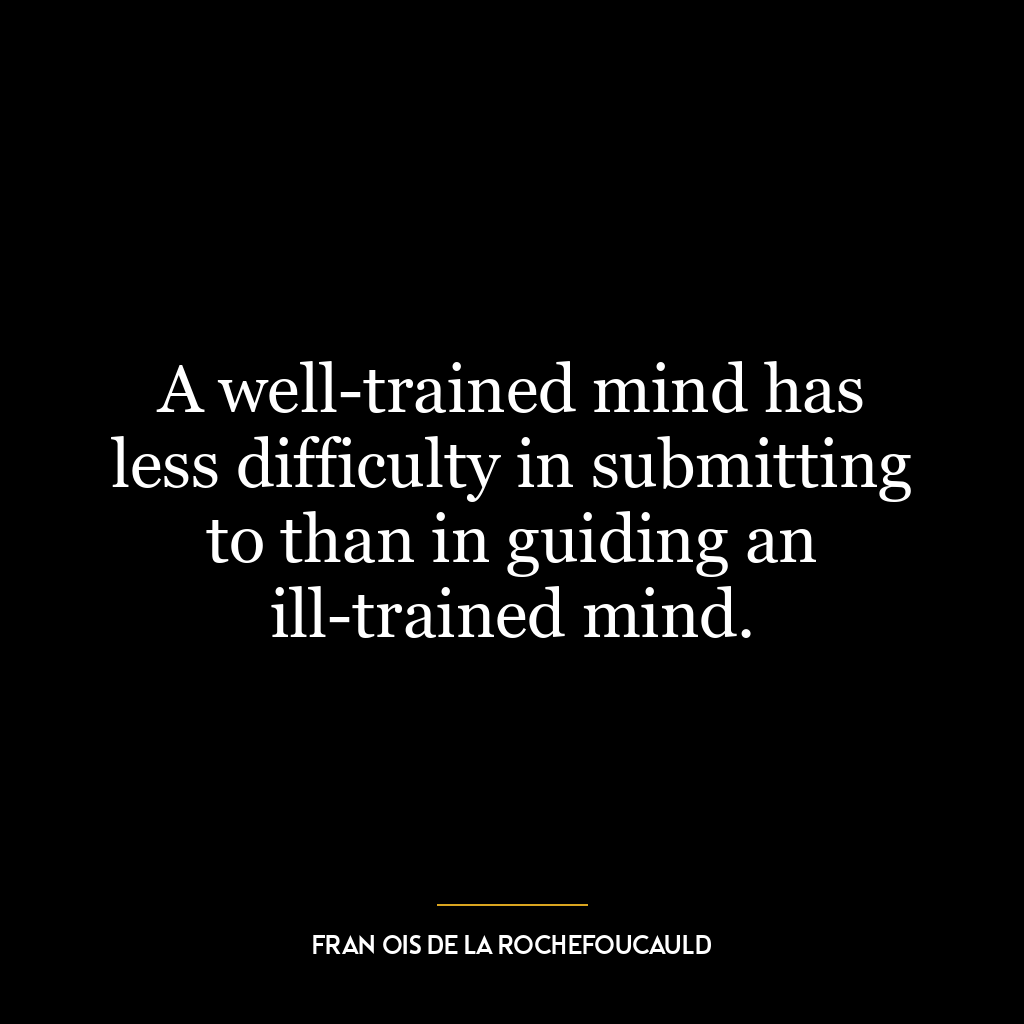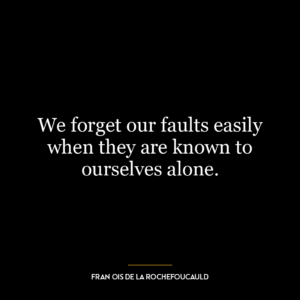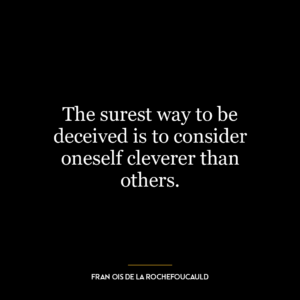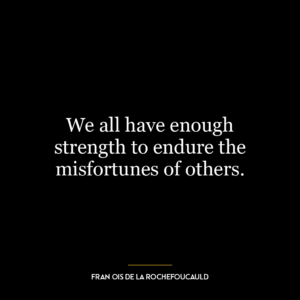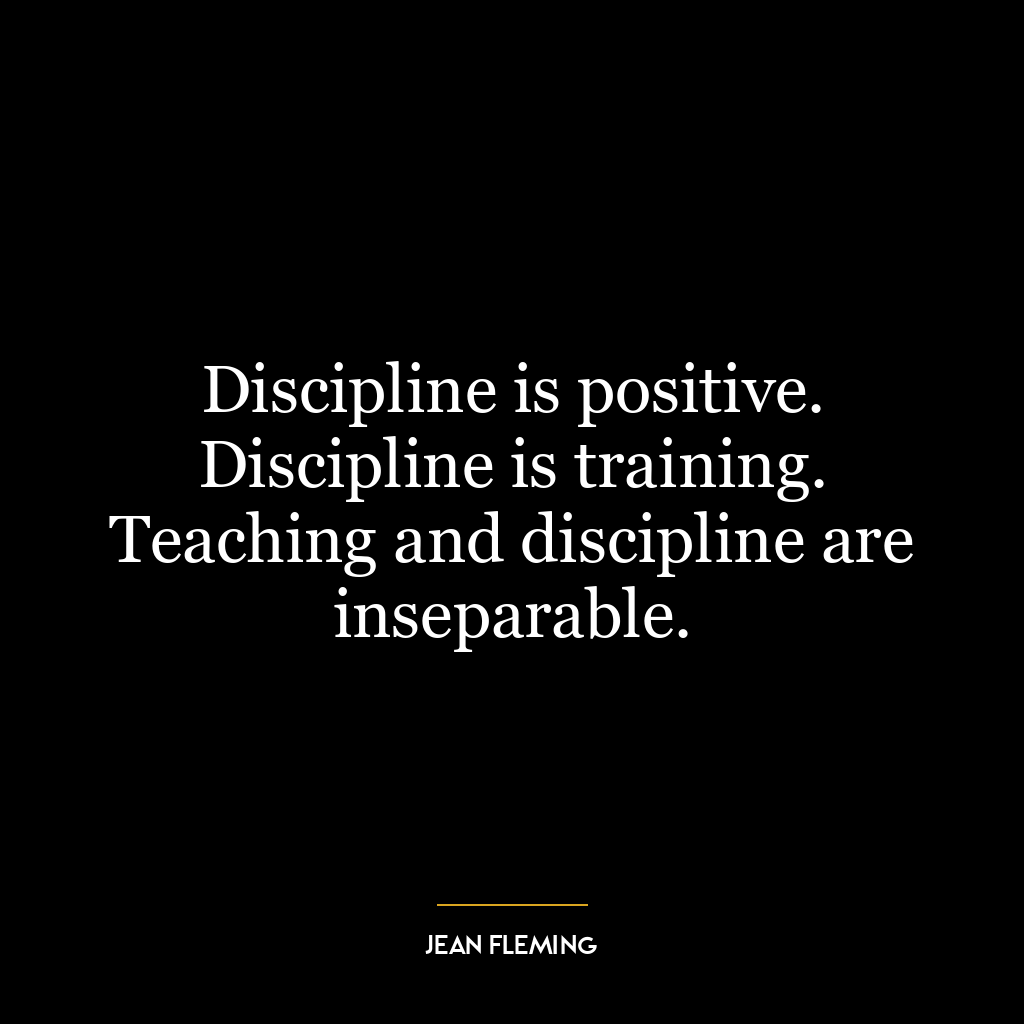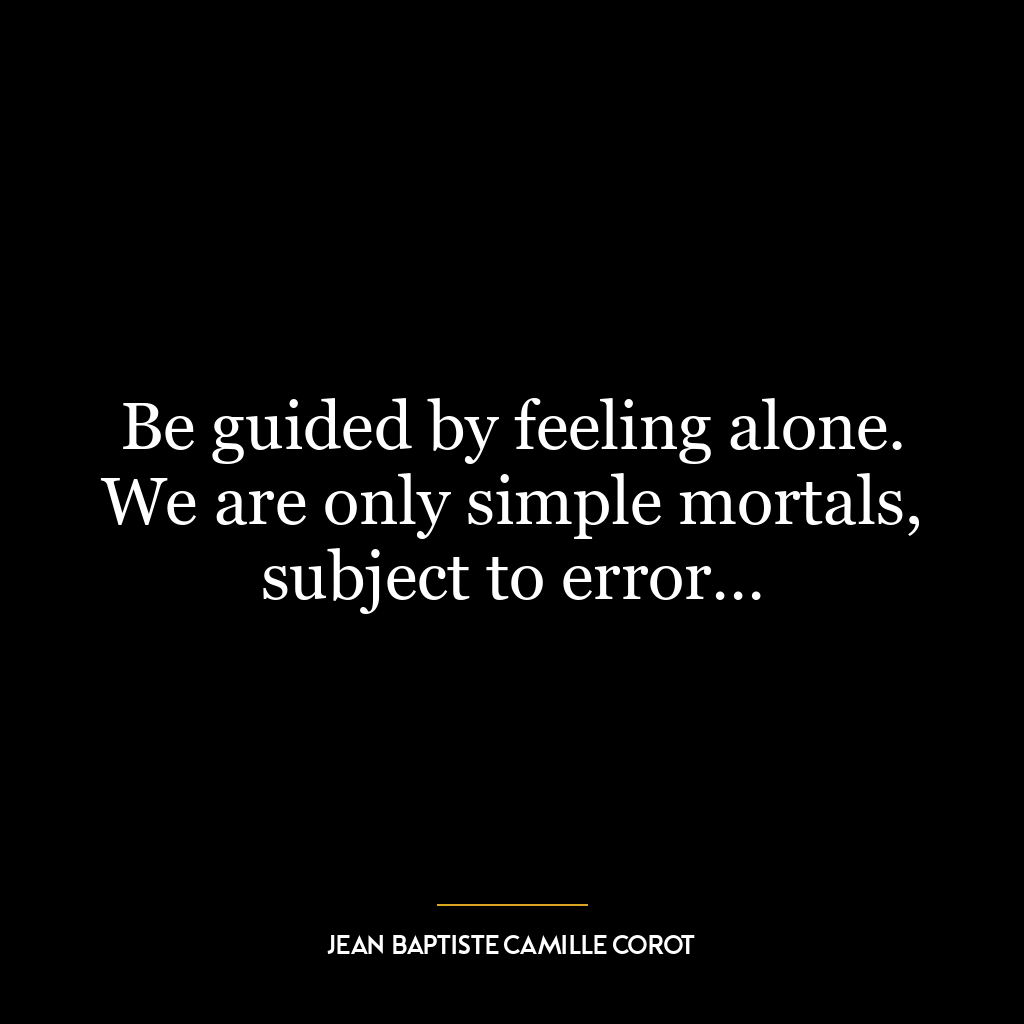This quote is a profound observation on the dynamics of influence and control, particularly in relation to the state of one’s mind. Essentially, it suggests that a well-trained, disciplined mind finds it easier to control or guide an untrained, undisciplined mind, rather than being influenced or controlled by it.
The "well-trained mind" can be interpreted as one that has been nurtured through education, self-discipline, and experience. It has the ability to think critically, make informed decisions, and resist manipulation. On the other hand, an "ill-trained mind" is one that is not disciplined, easily swayed, and susceptible to manipulation due to a lack of critical thinking skills or knowledge.
The quote underscores the importance of mental discipline and the ability to think independently. It suggests that one who has honed these skills will find it less challenging to lead or influence those who lack them, rather than being led or influenced by them.
Applying this to today’s world, we can see the relevance in various situations, particularly in the realm of leadership and influence. For instance, in politics, a well-informed electorate (well-trained minds) is less likely to be manipulated by propaganda or false information (ill-trained minds). In the digital age, where misinformation is rampant, having a well-trained mind is crucial in discerning truth from falsehood.
In terms of personal development, this quote can be a reminder of the importance of continuous learning and mental discipline. It encourages individuals to strive for intellectual growth and mental resilience, to be influencers rather than the influenced. It also highlights the importance of critical thinking skills in navigating the complex world, where misinformation and manipulation can easily sway those who are not vigilant.

